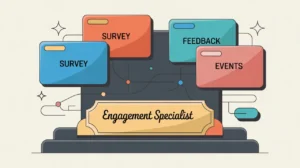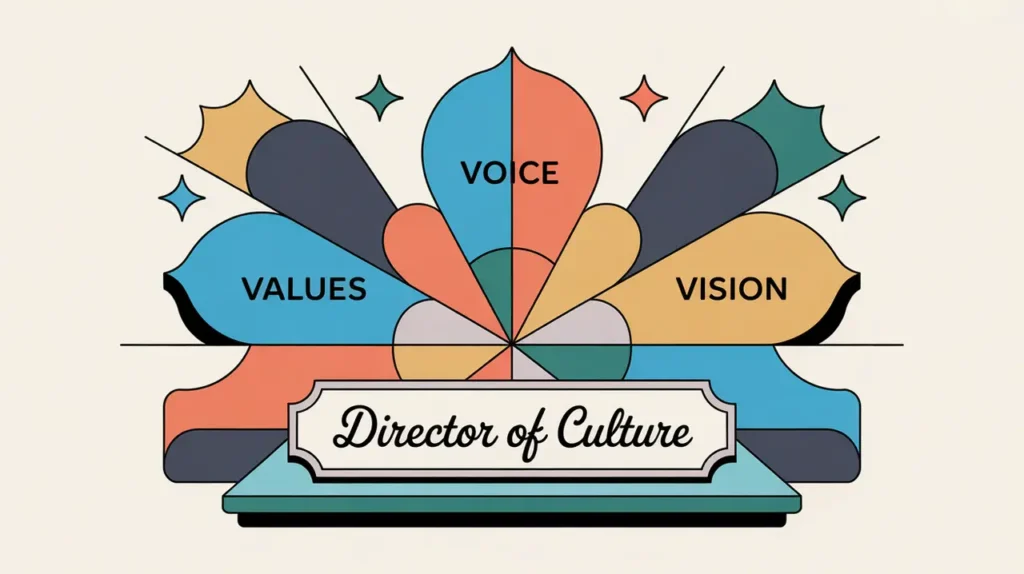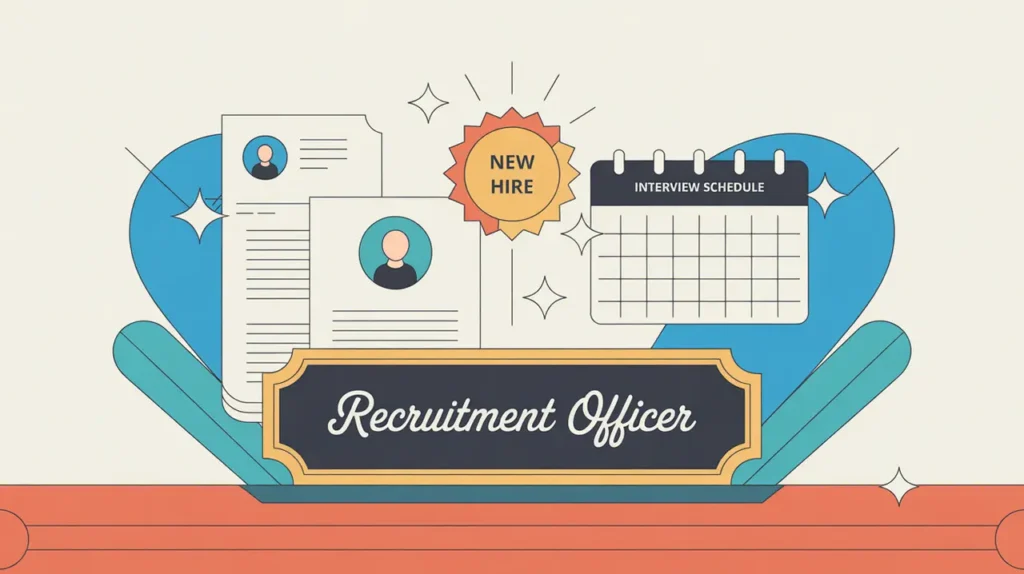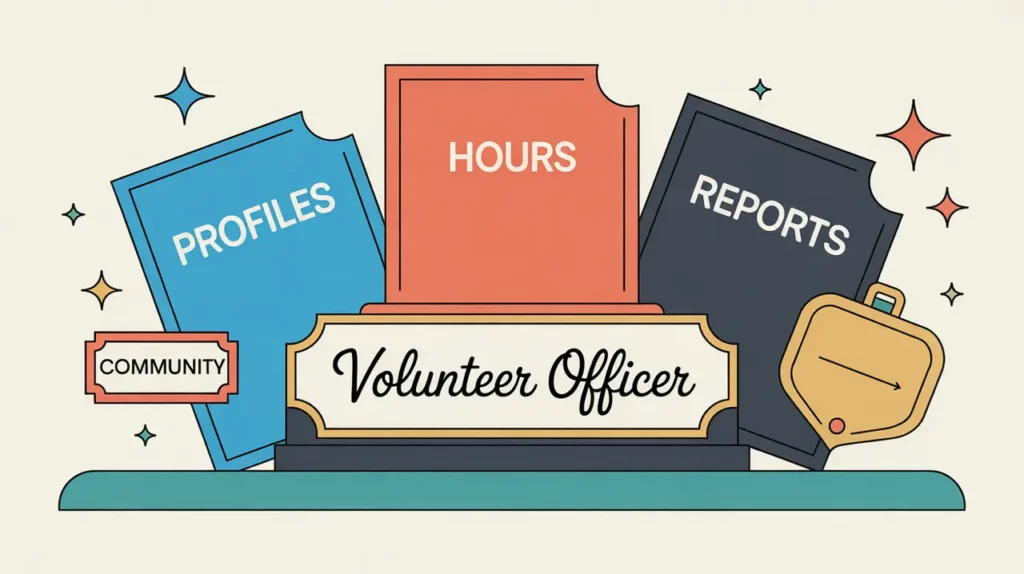What Does the Organizational Development Manager Role Involve?
An Organizational Development (OD) Manager is responsible for strengthening an organization’s capacity to achieve its mission by improving structures, systems, culture, and people practices. They focus on organizational effectiveness and change management, working across functions to align strategy, structure, and workforce capabilities. Key responsibilities often include leading organizational assessments, designing interventions to improve team performance, supporting leadership development, managing change initiatives, and fostering a healthy organizational culture.
In nonprofits and social enterprises, OD Managers play a pivotal role in ensuring that organizational growth and transformation are intentional, inclusive, and strategically aligned. Their work often spans strategic planning, talent development, performance management, and internal communications, making them essential partners to executive leadership and human resources.
At What Level does this Role Operate?
Mid to Senior Level: OD Managers typically operate with significant autonomy and strategic responsibility, often reporting to the Director of Human Resources, Chief Operating Officer, or Executive Director. They may supervise specialists or associates and collaborate closely with senior leaders to implement change initiatives across departments. Their role bridges strategy and operations, requiring both high-level systems thinking and practical implementation skills.
Relative Employability: OD roles are in demand across nonprofits, social enterprises, and public institutions, particularly those undergoing strategic shifts, scaling operations, or pursuing culture change. Their expertise in change management and organizational learning makes them valuable in both stable and rapidly evolving environments.
Relative Pay Scale: Within nonprofits and social enterprises, OD Managers typically sit in the upper-middle to senior pay bands. Compensation is often aligned with strategic HR and program leadership roles, reflecting their influence on organizational performance and culture.
What are the Key Responsibilities and Activities?
- Conduct organizational assessments to identify strengths, gaps, and opportunities for development
- Design and implement organizational development strategies, frameworks, and interventions
- Support leadership teams in aligning structure, strategy, and culture for effectiveness and growth
- Lead change management processes, ensuring stakeholder engagement and clear communication
- Facilitate team development, leadership training, and capacity-building initiatives
- Develop and refine performance management systems, competency frameworks, and talent strategies
- Collaborate with HR and program teams to integrate OD principles into recruitment, retention, and development practices
- Monitor and evaluate the impact of OD initiatives, using data to inform continuous improvement
What Core Competencies and Qualifications are Needed?
Required Qualifications and Experience
The following reflect common qualifications and experience expected for this role, while recognizing that pathways may vary by context, organization, and region.
- Relevant academic background in organizational development, human resources, psychology, business administration, or a related field
- Professional certifications in OD, HR, or change management are advantageous
- Several years of experience in organizational development, HR strategy, or related fields, preferably within mission-driven organizations
- Demonstrated experience leading organizational change or culture initiatives
Key Competencies
- Strong understanding of organizational systems, culture, and change dynamics
- Proficiency in assessment tools, facilitation methods, and OD frameworks
- Strategic thinking combined with practical implementation ability
- Excellent facilitation, communication, and stakeholder engagement skills
- Analytical skills for interpreting organizational data and measuring impact
- Ability to manage complex, cross-functional initiatives collaboratively
How are AI and Automation Shaping this Role?
An AI-native OD Manager uses AI and automation to support data-driven decision making, accelerate organizational diagnostics, and personalize learning and development pathways. AI tools can analyze employee engagement data, map organizational networks, flag emerging culture issues, and generate insights for leadership. Automation can streamline surveys, feedback loops, and reporting, enabling OD Managers to focus on design and facilitation of strategic interventions. Generative AI can support training design, scenario planning, and leadership coaching tools, while predictive analytics can help anticipate workforce trends and change readiness.
What Career Pathways and Transferable Skills are Associated with this Role?
OD Managers can progress to senior leadership positions such as Director of Organizational Development, Chief People Officer, or Chief Operating Officer. Their skills are transferable across HR leadership, strategy, consulting, and executive coaching. They are well positioned to lead complex change initiatives in both mission-driven and corporate environments, or to specialize further in areas such as talent strategy, learning and development, or culture transformation.







